University snapshots
Each university snapshot gives you some key information about the university (age, size, location, subjects taught etc.) plus a short opinion piece about the university.
I’ll attempt to give you a flavour of the university, identifying what makes it distinctive, so you can work out whether it might be somewhere you might consider studying.
The universities themselves have no input into these snapshots, nor can they pay to be included or highlighted. I will, of course, remedy any factual errors that are drawn to my attention.
I’ll add new snapshots every week!

Aston University
With a history dating back to the nineteenth century, the college that was to become Aston University became the UK’s first College of Advanced Technology in 1956. Why is this relevant?
Firstly, it means that Aston is a strongly vocational university, focusing on work and professional related subjects in business, engineering and health.
Secondly, it is in some very good company. Loughborough, Bath, Surrey and Brunel universities have similar histories, and retain similar ideologies based on high academic standards and a strong careers focus.
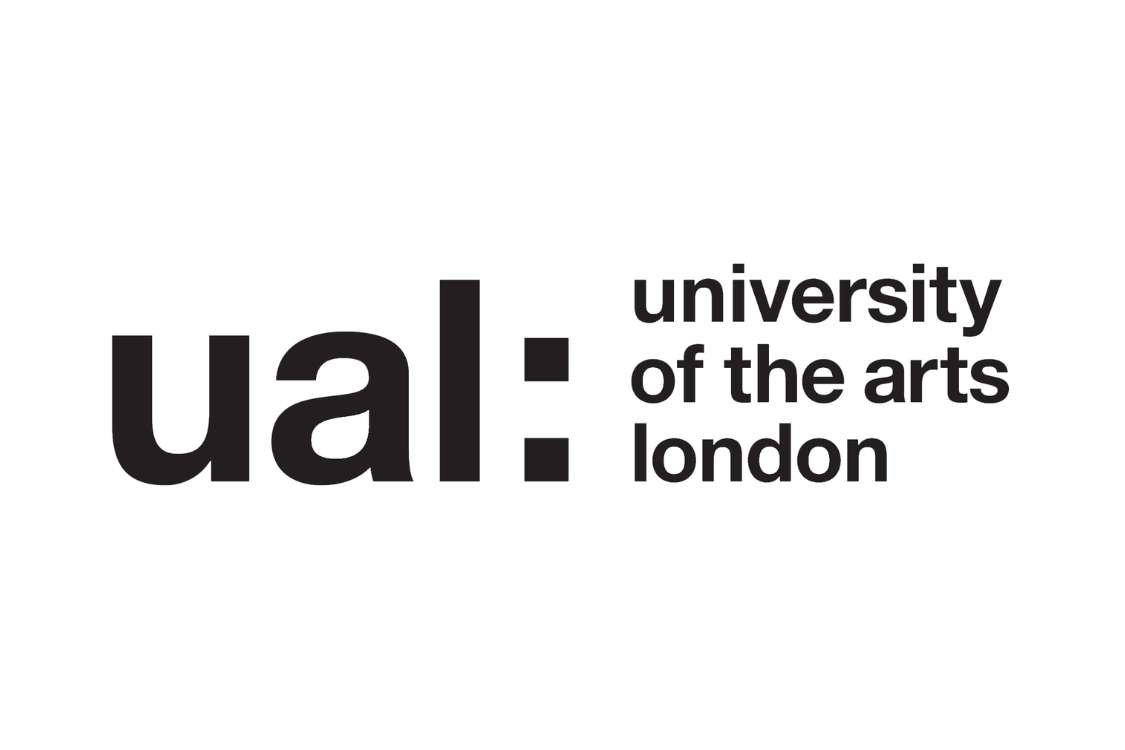
University of the Arts London (UAL)
UAL is one of the more complicated universities in the UK, made up, as it is, from six historically separate colleges, and a further four specialist institutes. It was formed through a merger of the separate colleges back in the 80’s and was granted university status in 2003.
The colleges include: Camberwell College of Arts, Central Saint Martins, Chelsea College of Arts, London College of Communication, London College of Fashion and Wimbledon College of Arts. Each of these date back to the late 1800s, so are established and reputable.
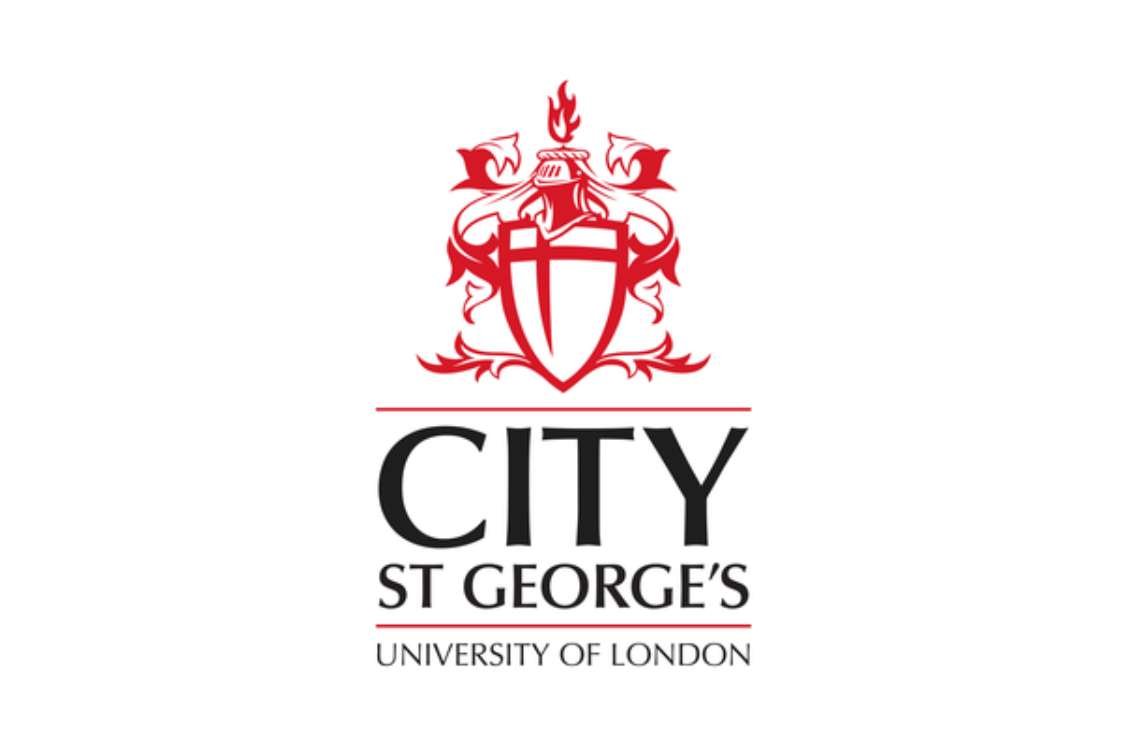
City St. George’s, University of London
City St. George’s University in it’s most recent guise came into being just last week (March 2025). The university, as it now is, was formed last year through a merger of St George’s Medical School and (you’ve guessed it), City University! And they’ve just adopted their new name.
But what do we know about the two institutions from before the merger, and how will the merger change things?

Imperial College London
I’ve been writing these snapshots for a while now, and it's got to the point where I really can’t put Imperial off any longer. Imperial, you see, was my last full-time role at a university; I was Director of Student Recruitment and Outreach there a decade ago. It should be really easy to write this, but it’s not, as my time there was difficult and short lived.
So as ever, you’ll get a bit of a personal perspective, along with my best attempt at objectivity.

University of Reading
A little known historic curiosity is that Reading gained its university status in 1926, making it the only new university of the inter-war period. Previously it had been an extension college of Oxford University (‘extending’ the reach of Oxford university into other towns).
So while it is clearly a campus university now, historically it has more in common with the likes of Leicester and Newcastle than it does with Warwick or Essex (which are far more modern creations).

Newcastle University
So, I have a bit of a soft spot for Newcastle. I studied at Edinburgh, but had a friend who went to Newcastle, who invited me to go and join a band there. I spent a bunch of weekends rehearsing in various student flats and halls of residence, and performed in pubs, halls and the Student Union. Back then it struck me as a quality university in a really down-to-earth, friendly and vibrant city.
And while times have moved on, those things still apply.

Bath Spa University
Bath Spa may only have become a university in 2005, but as with many so-called new universities, its history is much longer. It can, in fact, be traced back to 1852 and the creation of the Bath School of Art.
Nowadays the university describes itself as ‘professionally creative’ - a rather nice term for a university with a wide range of art, design and performance courses that sit alongside degrees in teaching, business, science and humanities.

University of Essex
When we think of highly reputable campus universities in the UK, I guess Warwick, Loughborough and Lancaster might be the first to come to mind for many students and many advisers. But there are, of course, many more, and one such place is the University of Essex.
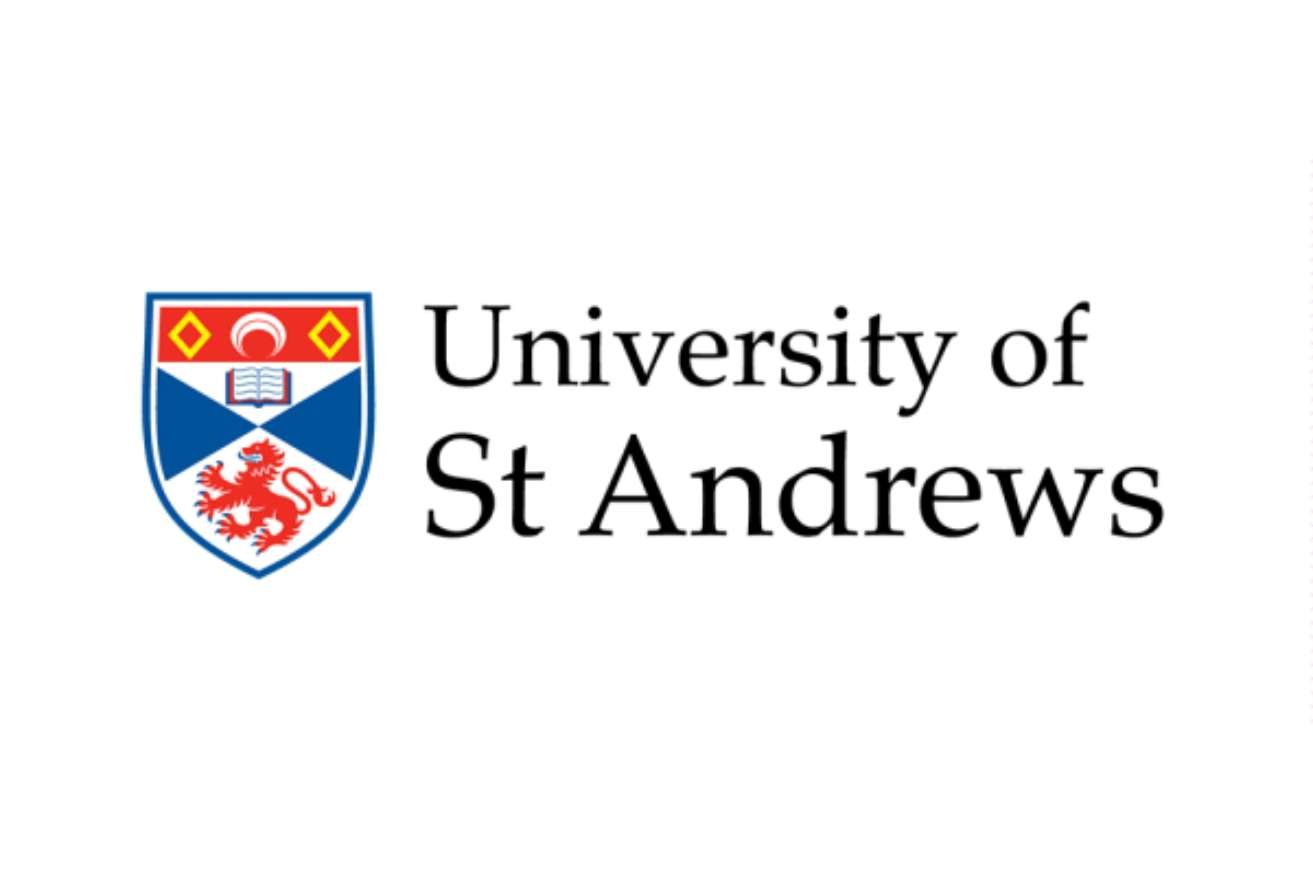
University of St Andrews
As Scotland's oldest university, St Andrews has a real palpable sense of history. They uphold some weird and wonderful traditions, and while they are modern enough to divide their academic year into two semesters, they call them by rather quaint names Martinmas and Candlemas.
Their academic reputation is beyond question. Their four faculties stick to the most traditional subjects in Science, Arts, Medicine and Divinity, and they fly high in every league table, even ousting Oxford and Cambridge from the top spots on a couple of occasions in recent years.

De Montfort University
Having lived in Leicester for over a decade, I have indeed worked at all three Leicestershire universities. Due to a couple of problematic managers, however, I spent just 9 months at De Montfort. A shame really, as it has a lot to recommend it.
Thanks to some decent academic leadership during the 90s and early noughties, DMU (as it’s generally known locally), really focused on the things it had been good at when it was Leicester Polytechnic; that is, professional, vocational and creative teaching.
In addition, thanks to some excellent financial leadership during the same period, they have a campus estate that is in fantastic shape.

Loughborough University
Loughborough Technical Institute was formed in 1909, and grew rapidly over the first part of the 20th Century, splitting into four separate colleges, three of which now form the present-day university.
It is located on the largest single-site campus in the UK, which stretches nearly 2 km end to end.
But… what is Loughborough really known for? Sport of course!
It's hard to think of a university anywhere in the world that is so synonymous with sports.

University of South Wales
The University of South Wales was formed through a merger of The University of Glamorgan and The University of Wales Newport. Glamorgan, the larger partner, had become a university in 1992 having previously been known as the Polytechnic of Wales.
The university's largest site is at Pontypridd, where three campuses cover the majority of their courses. The sites are a short bus-ride apart, and are a mix of modern and character buildings. The main site at Treforest in particular has that distinctive campus-university community feel, while the sports park has some truly world-class training facilities.
The remaining two sites meanwhile are in Newport (Education, Business and Cyber Security) and Cardiff (Creative industries). Each of these are super-modern, impressive business-like buildings focusing on a small range of disciplines.

University of Edinburgh
The Edinburgh I studied at all those years ago was quite a different place from the one you might be thinking about studying at. I haven’t been able to find figures for student numbers in 1989, but I’d be surprised if it was even half the current figure of 40,000. Buildings have changed, some for the better, some not so. And while the university has never lacked confidence in its own importance, it is only with the rise of international university rankings that it has become a genuine world-wide draw for international students.

Queen Mary University of London
Queen Mary really only became the large, multi-faculty university it is today through the merger of Queen Mary & Westfield College with Barts and the London School of Medicine and Dentistry in 1995, and legally it has only been called a university since 2013. But make no mistake, this is not a ‘new’ university.
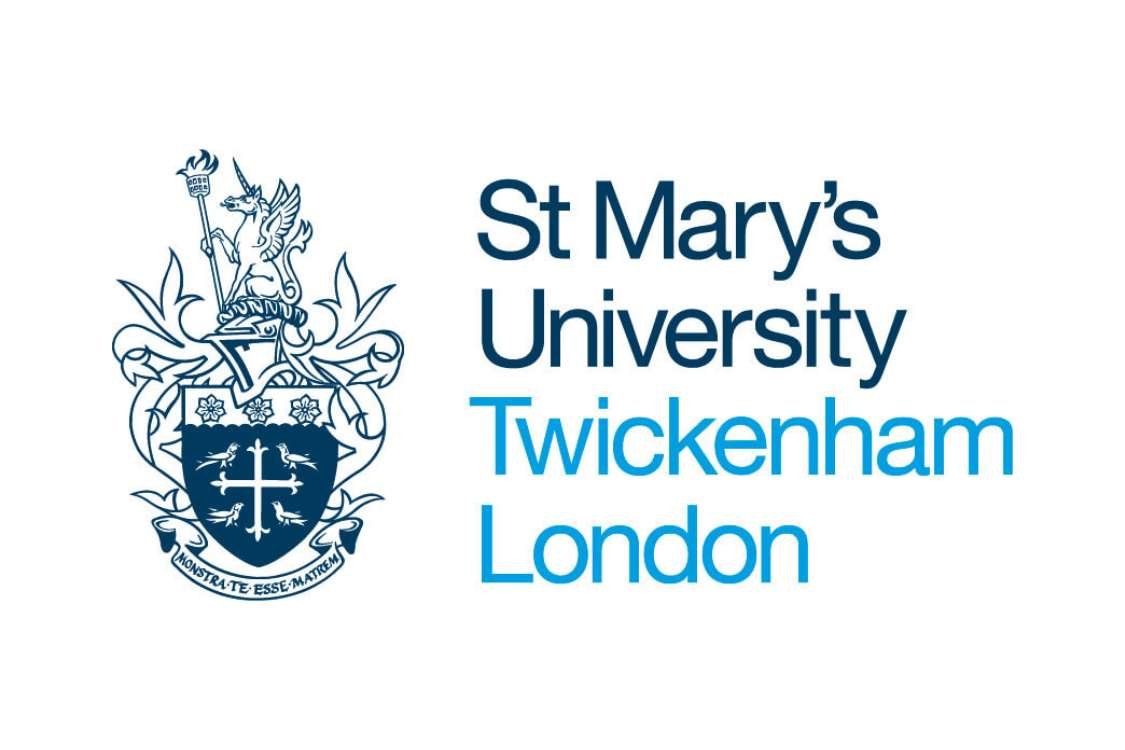
St. Mary’s University Twickenham
St Mary’s was established way back in 1850, essentially as a teacher training college for catholic teachers. Teacher training remains at the core of the university teaching now; much of its teaching is still across the main school-teaching subjects, though health, sports, business and law have been added to the portfolio over the years.
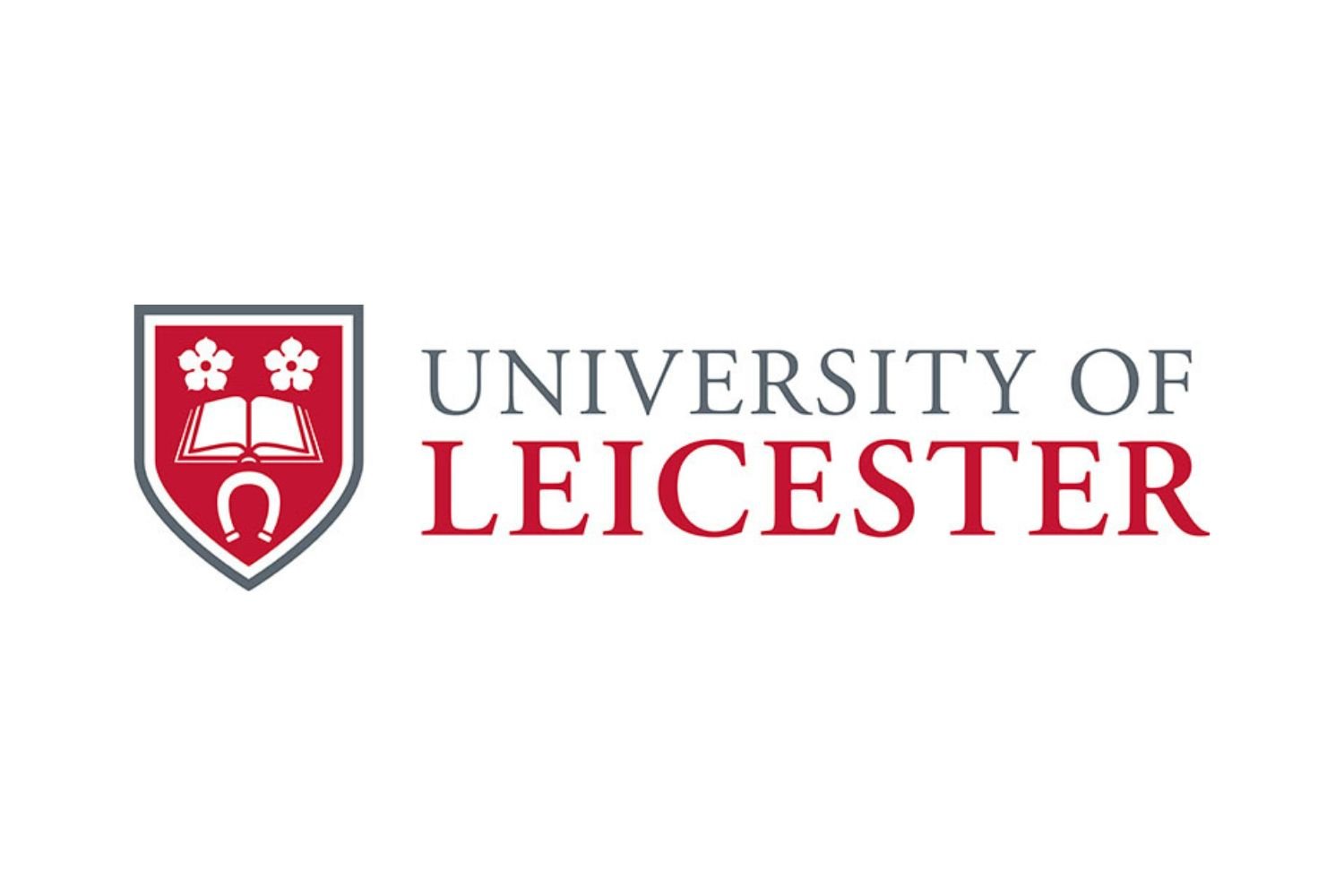
University of Leicester
It’s tricky to put your finger on what exactly makes Leicester so special. There is no single unique selling point that makes Leicester distinct from its competitors, but The Times Higher Education pretty much nailed it when in 2008 they came up with a phrase about Leicester that we used widely in our marketing at the time:
“Elite, without being Elitest”.
It made perfect sense then, and it still makes perfect sense now!
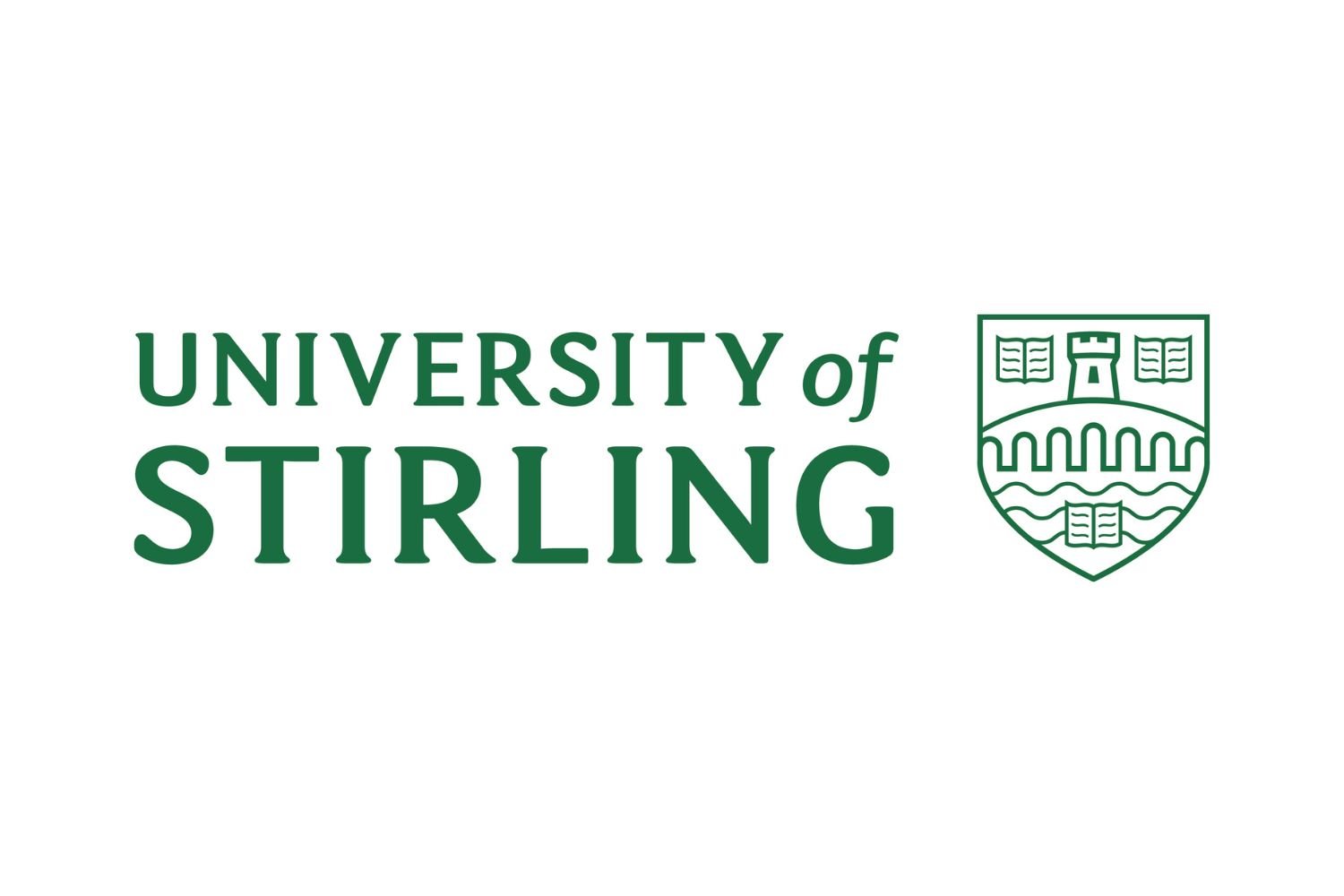
University of Stirling
Created as a brand new university in the late sixties, the University of Stirling set out to be innovative in its teaching right from the start. They adopted a US style semester system (two 15 week semesters separated by the Christmas break), and enabled students to study modules from any faculty during their early years of study. Together, these result in the most flexible academic structure available at any UK university; ideal if you are unsure exactly what you want to study.
